Exact Answer: 3 days
Nothing is as essential as water is. Water is necessary for survival. More than half of what your body contains is water and a person cannot function properly without it. Water is the fluid part of your body; it helps your immune system and fights against infections.
Though you can take any fluid for survival, milk and water are said to be the best. As you grow older, the amount of water you need to consume a day increase. You should drink water enough to not let yourself get dehydrated as it may cause serious illness. Overall, water is important to keep you healthy.
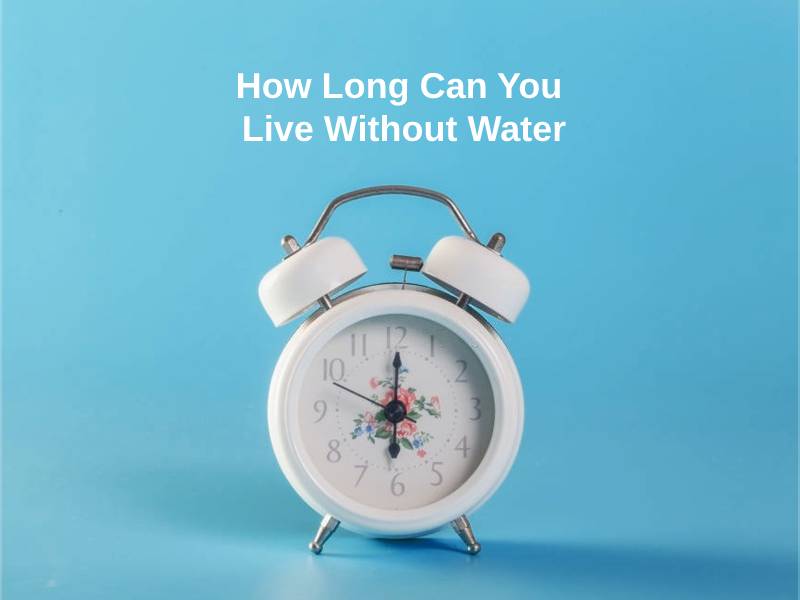
How Long Can You Live Without Water?
| Who? | How Long Can They Survive Without Water? |
| A healthy adult | An adult can go up to 100 hours, which is 4 days without water |
| A child | A child can survive up to 3 days without water. |
It is impossible to survive with just air and light as long as you are a plant. Humans need food and water on a regular timed basis to survive. Studies show that a person can go without food for even three weeks but can go only up to 3 days without water. The kind of environment a person stays in is also a particularly important factor in determining how long he or she can go without water.
If the temperature you are staying in is a cool place, you can go without water for a week at max, if you are considered a healthy adult. If you have complications in your heart, the time frame is much lesser than what it is to others. Being exposed to the sun dehydrates our body further and that further reduces the time span.
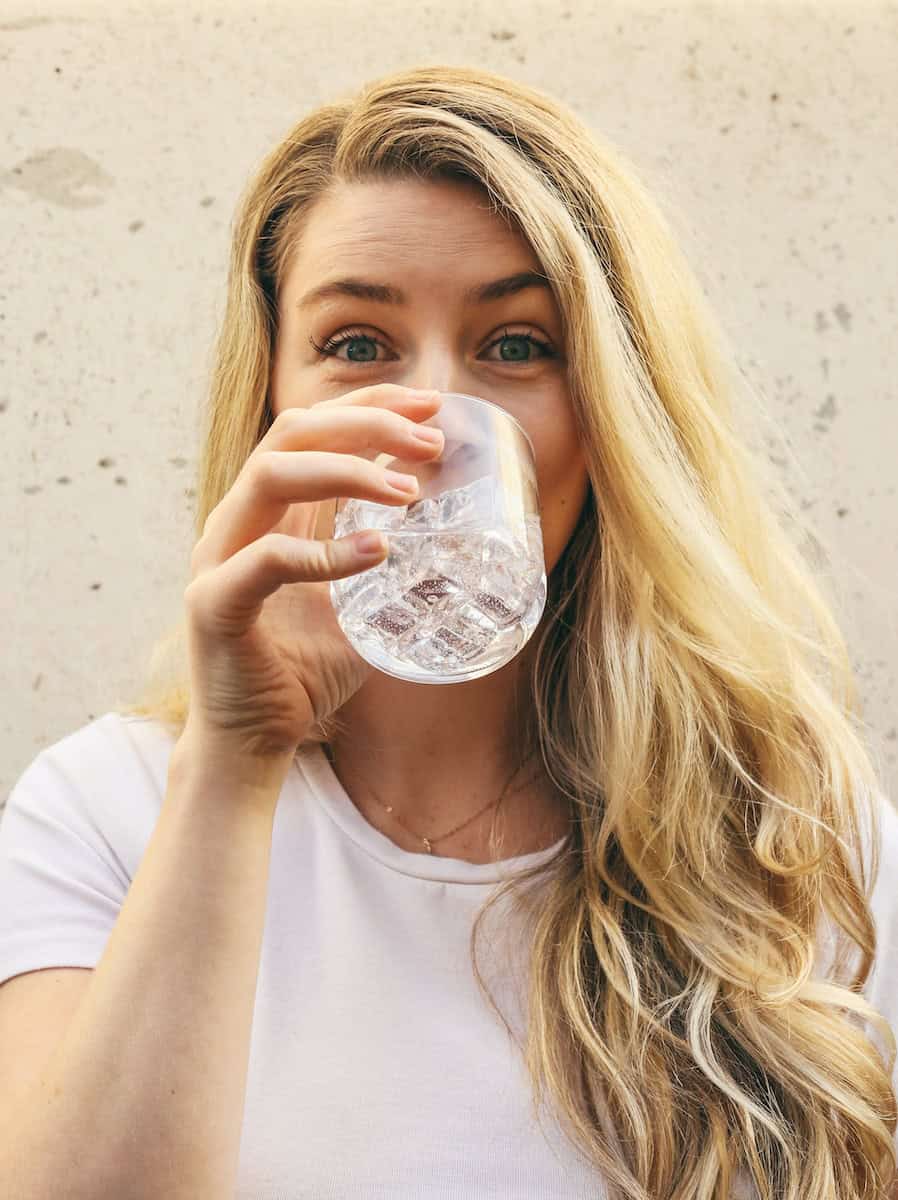
You should always take the help of your thirst to know when you should drink water. If you keep ignoring it, you can live only up to a few days. Increase the amount of water consumption based on your health and the temperature you live in.
A person’s limit to go without water varies according to many factors such as their age, the illness they have, and many other factors. Dehydration kills you but there is no specified time to predict when that can happen as you have to keep in mind the other factors too.
Why Can You Live So Long Without Water?
Your body functions according to the amount of water you consume. Water and the level of functioning are directly proportional. Now what happens when you limit yourself to water is, your body stops functioning gradually. Without consuming enough water, your body will begin to shrink
Your head will signal your body to urinate lesser. Once this happens, it is a sign that your kidney has begun to get affected as it’s the kidney that processes your urine. Your kidney functions based on the adequate intake of water.
The other complications that can happen without adequate consumption of water are, the temperature of your body will lose its balance, your blood pressure might keep increasing and decreasing, there will not be a proper balance in your electrolyte and the worse that can happen is that your brain might begin to swell.

Without enough water, your kidney will also begin to cease gradually. Following this, the other organs stop functioning too. It is said that if you drink water every time you feel thirsty, you are good to go.
It’s not only water that helps you keep hydrated; food also contributes to about 20% of the water in your body. For example, fruits and vegetables contain more water than water itself does. Consumption of an inadequate amount of water starts with simple complications such as tiredness and goes on to the failure of the kidney and finally resulting in death.
Conclusion
Health experts say that men should drink about 3.7 liters of water a day and women should consume about 2.7 liters a day. But you also have to keep in mind that though this is the general rule, it cannot be applicable to everyone. You need to keep in mind the factors such as age, level of activity, sex, etc.
Water normalizes and stabilizes your blood pressure, it helps to carry nutrients to your body, acts as a guard to your joints, and increases your health overall. The right amount of water a day keeps the doctor away.

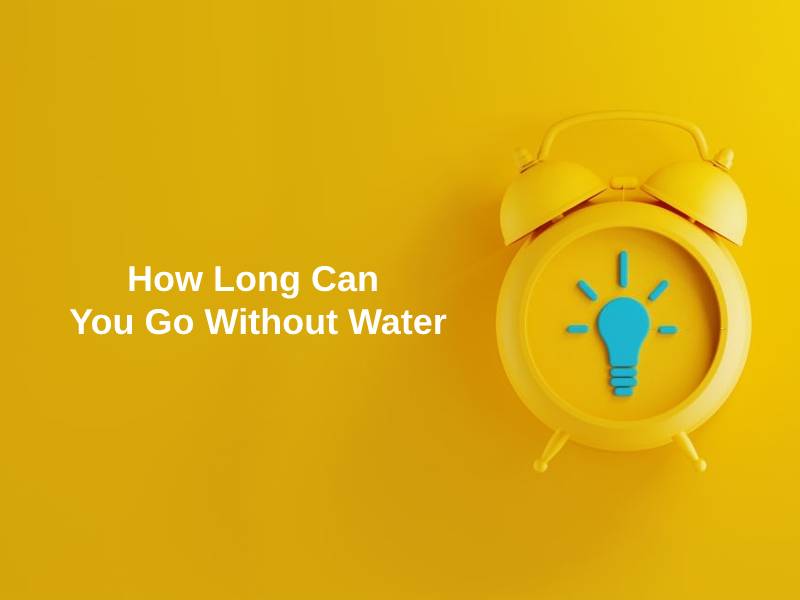
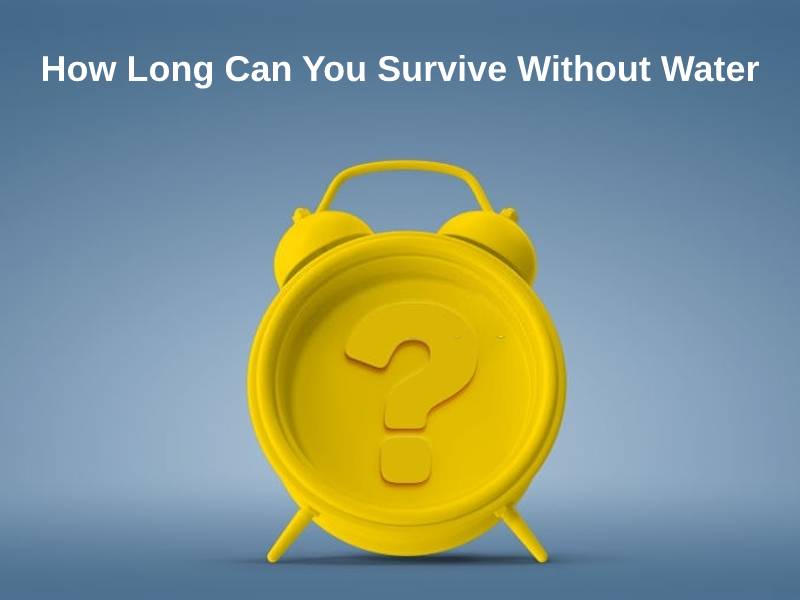
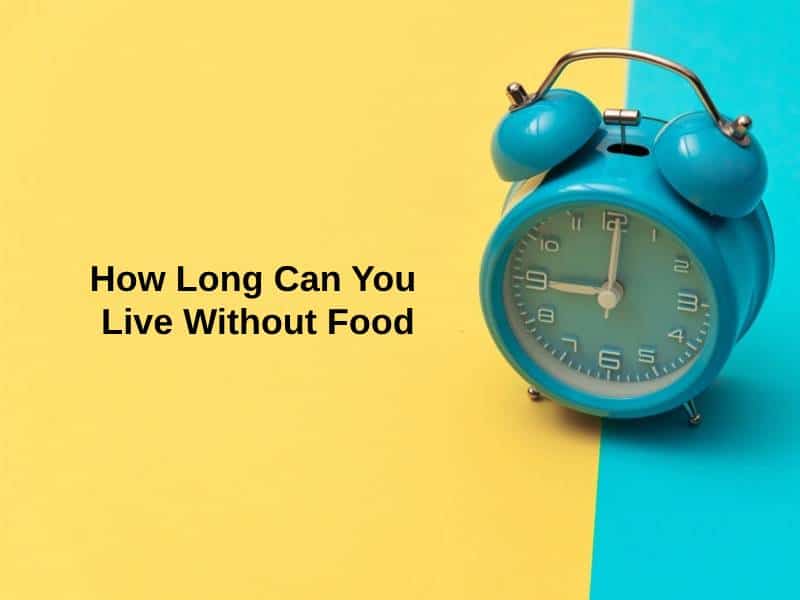
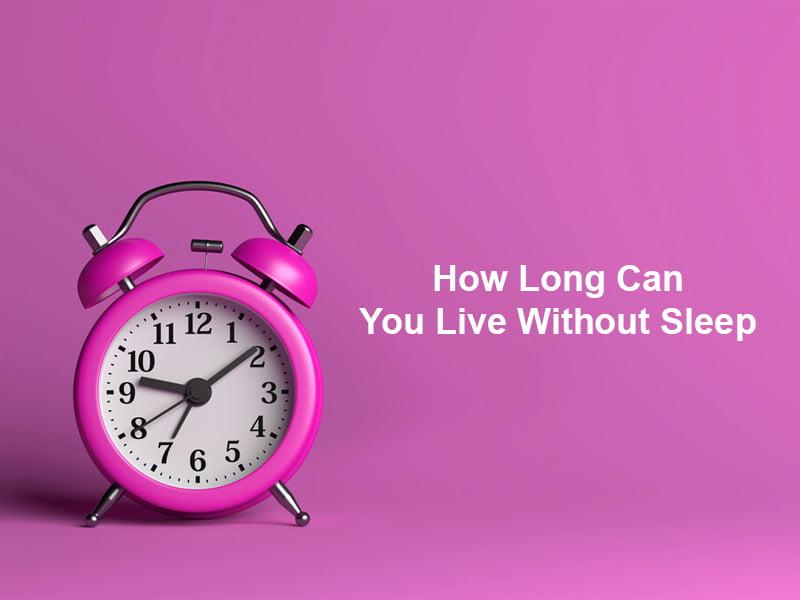
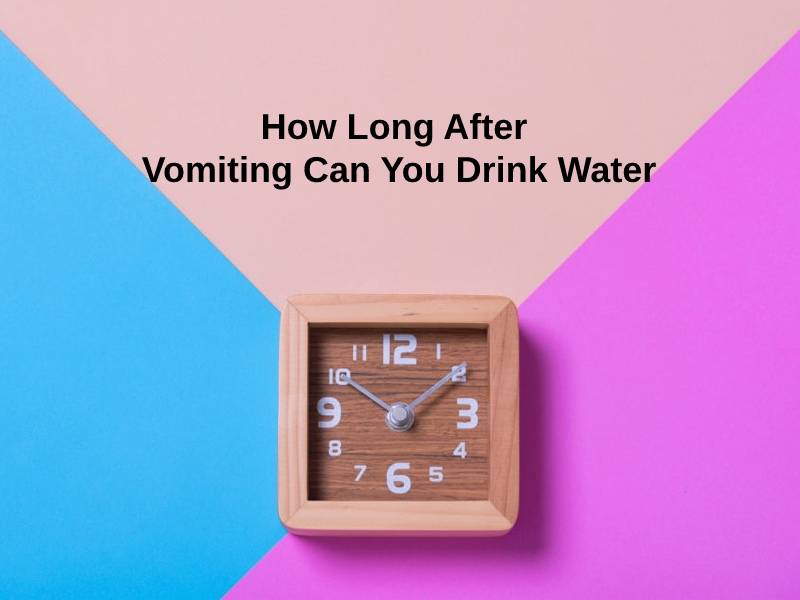
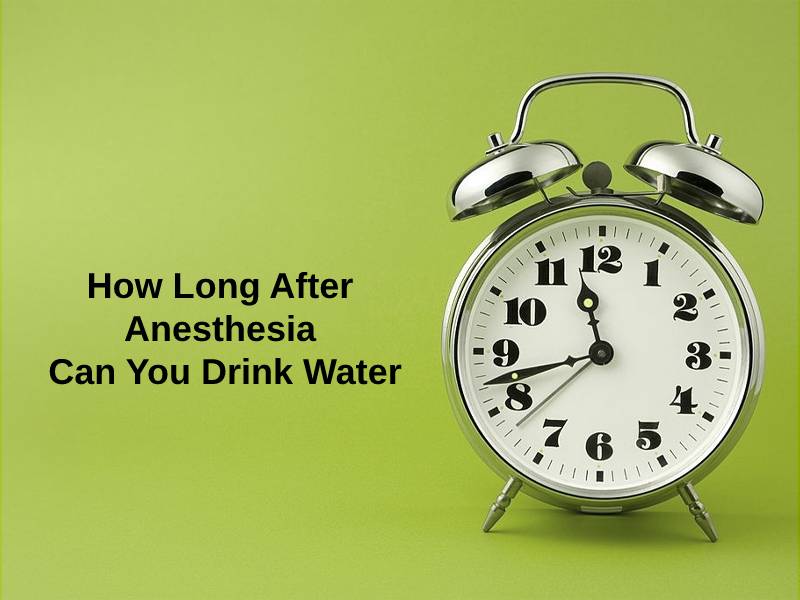
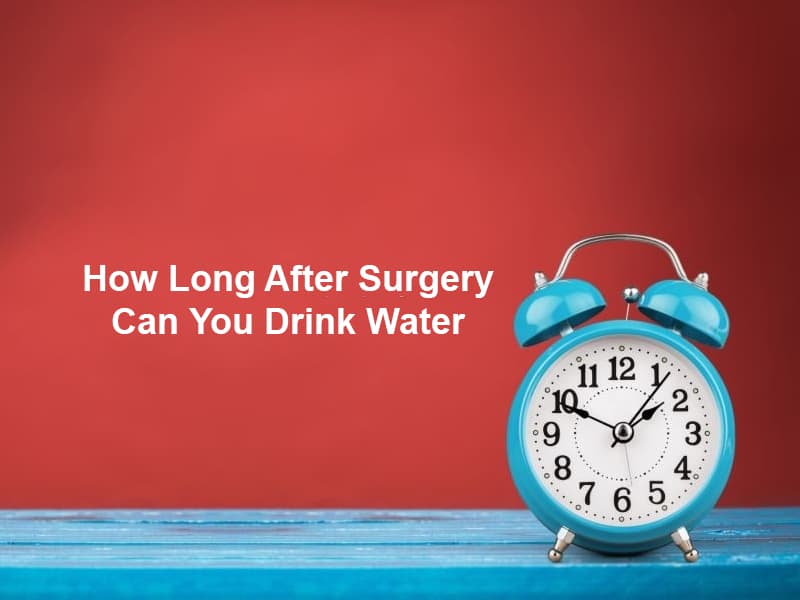
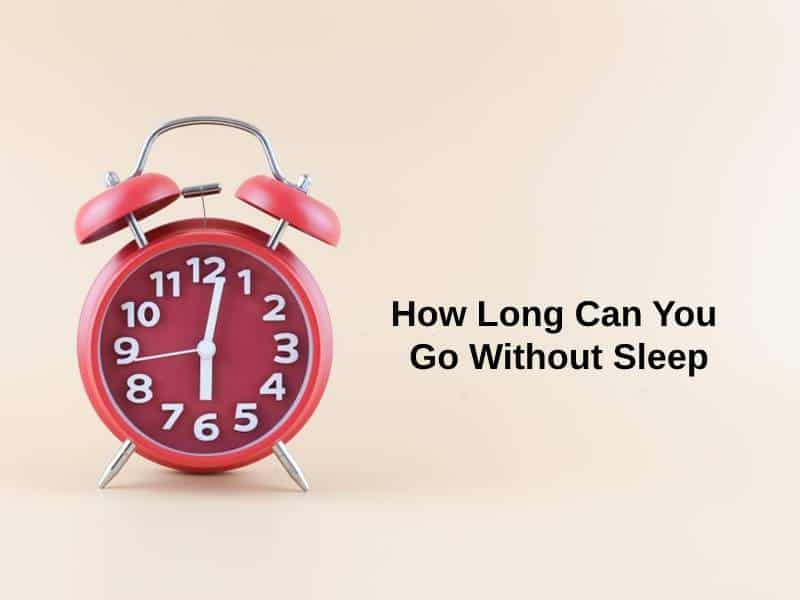
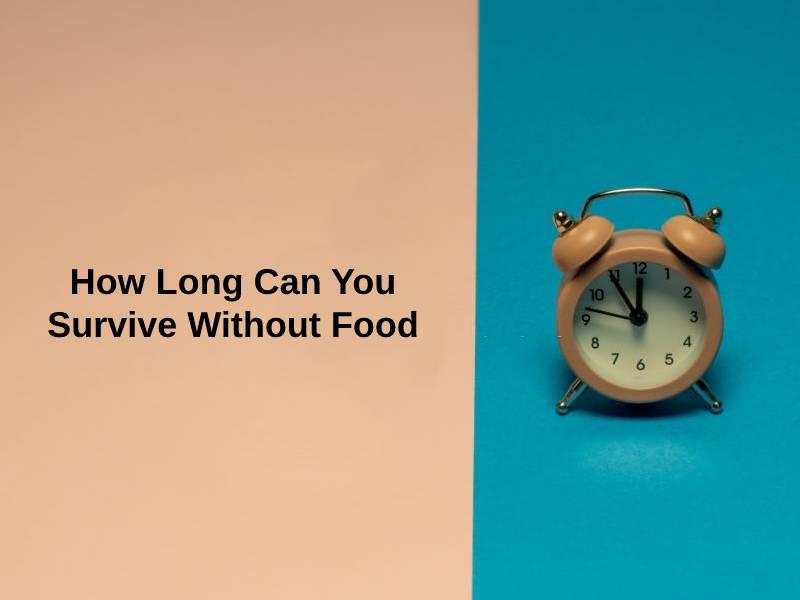
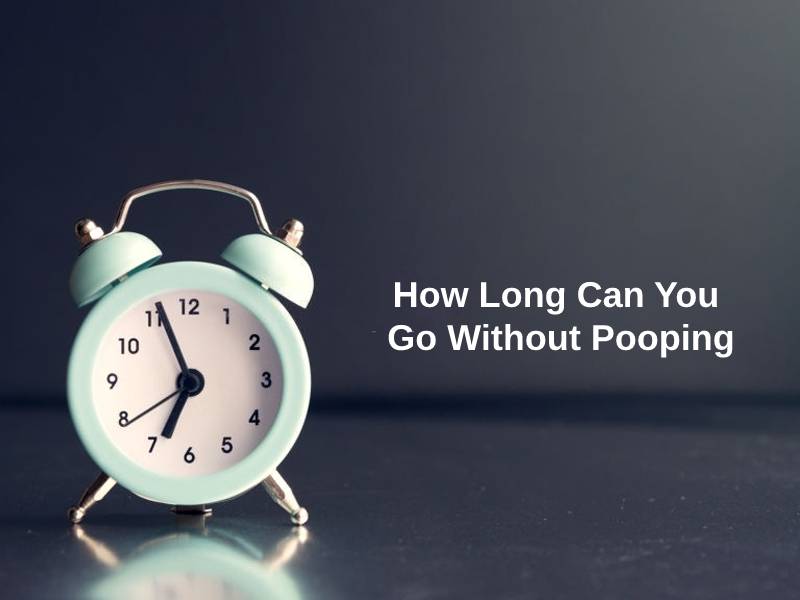
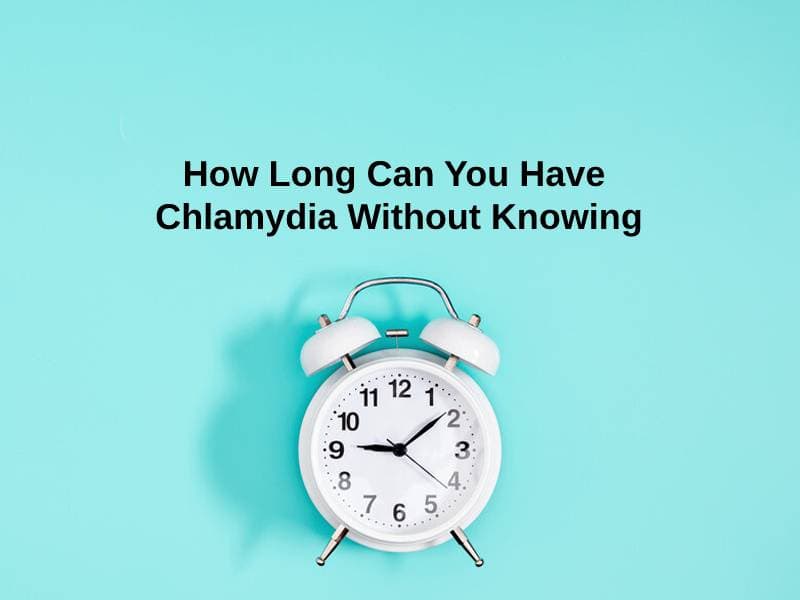

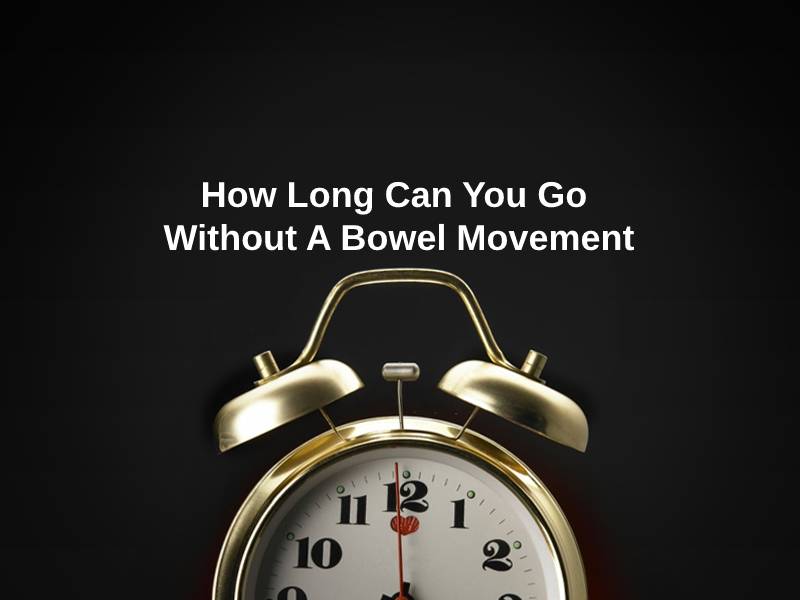
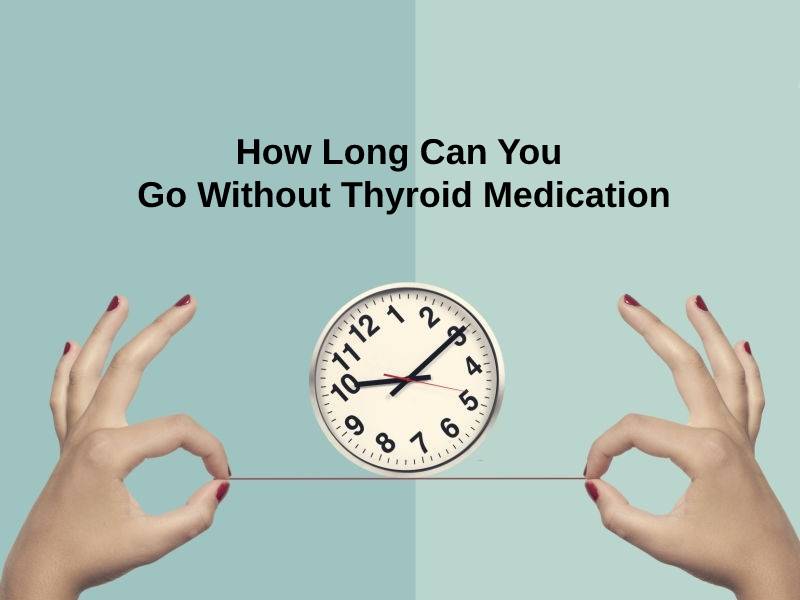
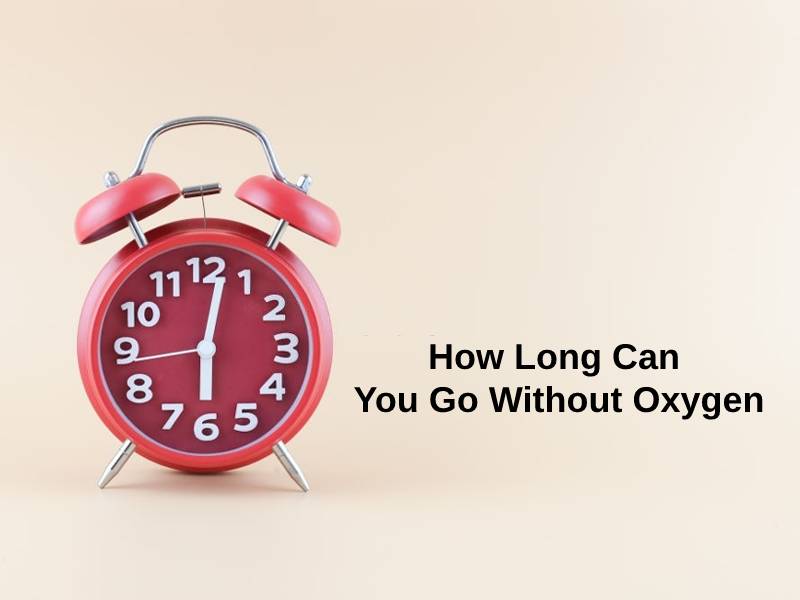

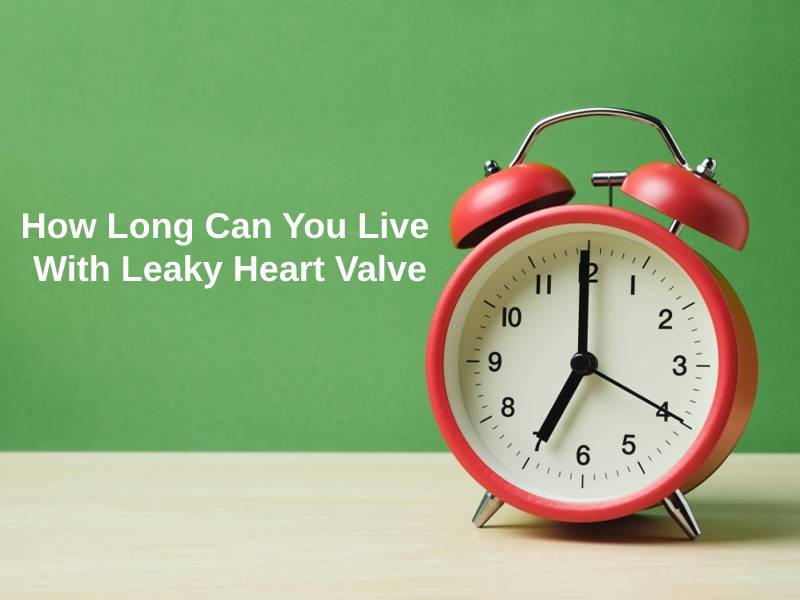

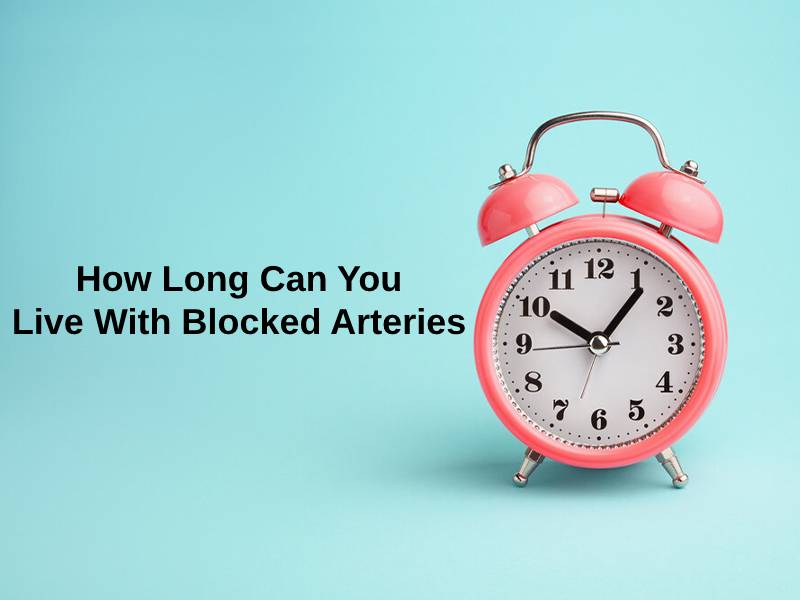
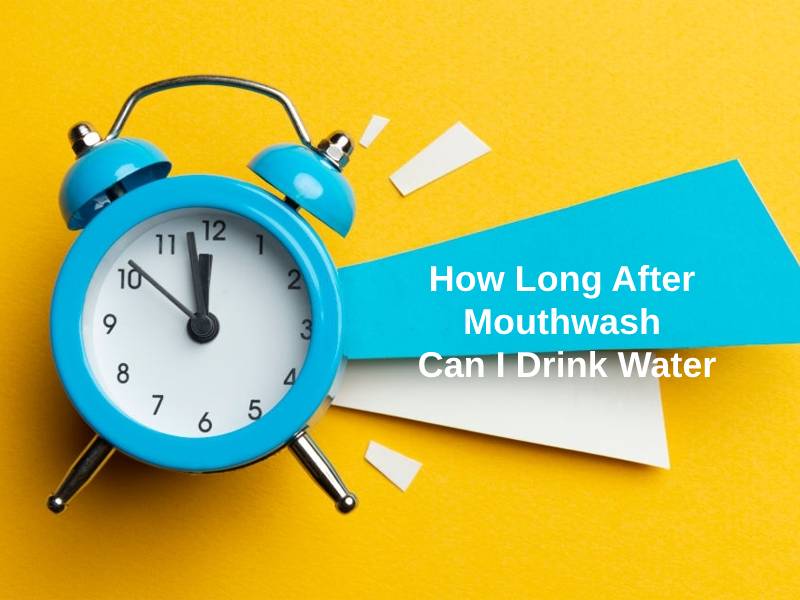
I was hoping to see more in-depth information on how climate differences affect water intake. The article barely skimmed the surface of this topic.
The connection between the amount of water intake and its impact on the kidney is quite alarming. I would’ve appreciated more advice on how to regulate water intake.
I’m surprised to learn that food contributes significantly to body hydration. This article provided a new perspective on the importance of water.
The conclusion’s remark about the right amount of water keeping the doctor away is a bit comical, but the content itself is thought-provoking.
The quantitative recommendations for daily water intake could have been better detailed, specifically for individuals with varying activity levels.
I’d be interested to hear the author’s thoughts on how water intake also affects mental well-being, especially for those with chronic dehydration.
If the body’s dependency on water is so crucial, why hasn’t more research been conducted to increase water preservation and accessibility?
Water is clearly a life-saving substance, based on the information provided. It’s very informative and more people should educate themselves on this topic.
The science behind a human body’s dependency on water is fascinating. I wonder if there are other fluids that can also contribute to the daily consumption of water.
The reference links at the end are appreciated. The cited studies provide a solid foundation for the article’s information.